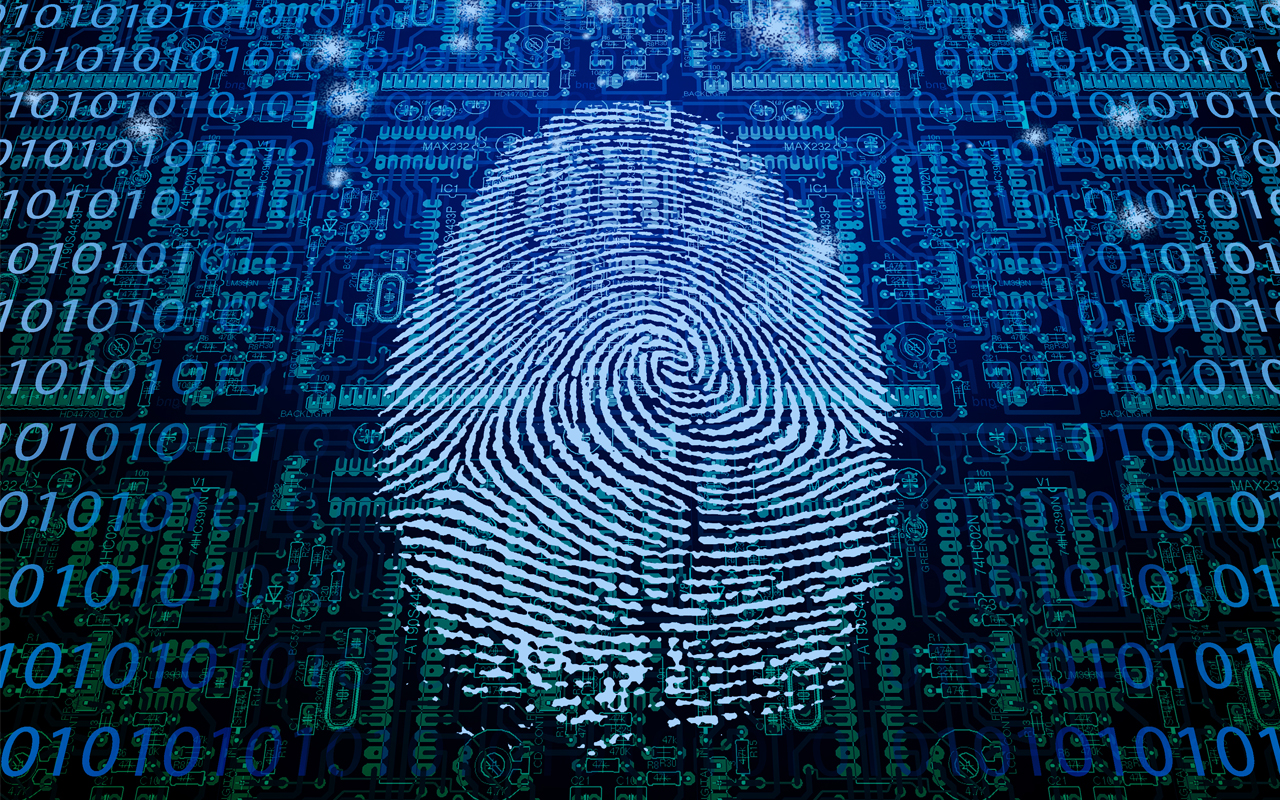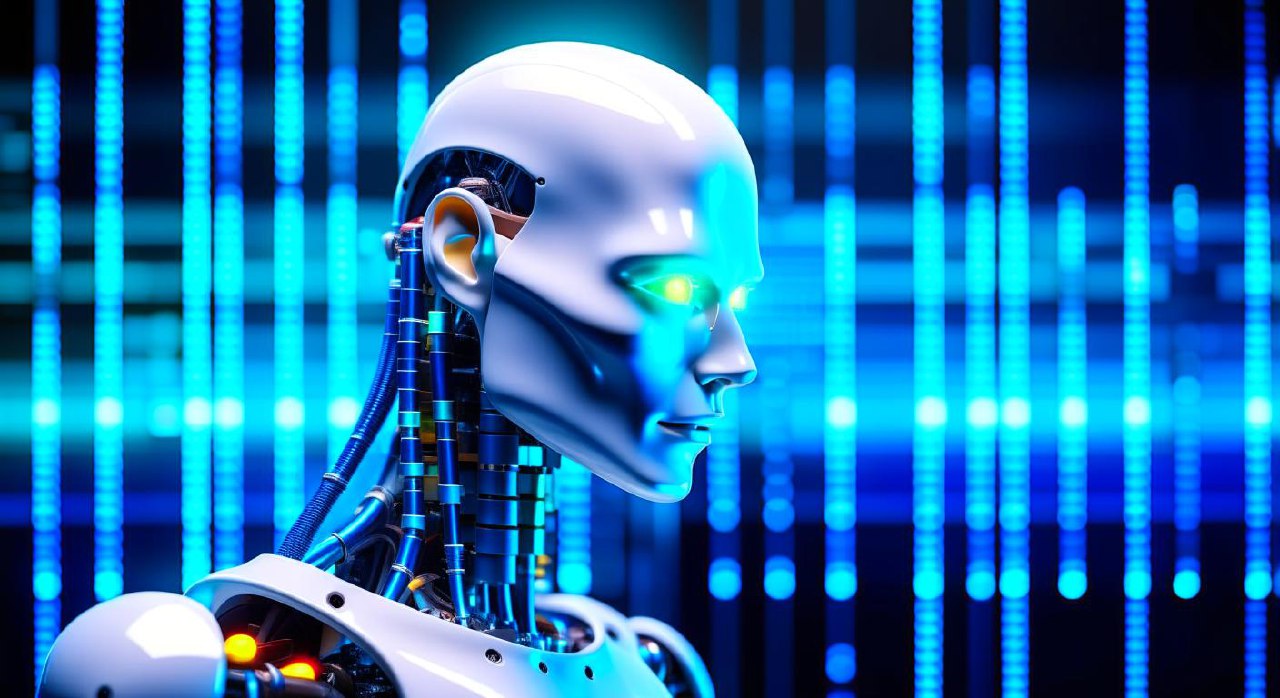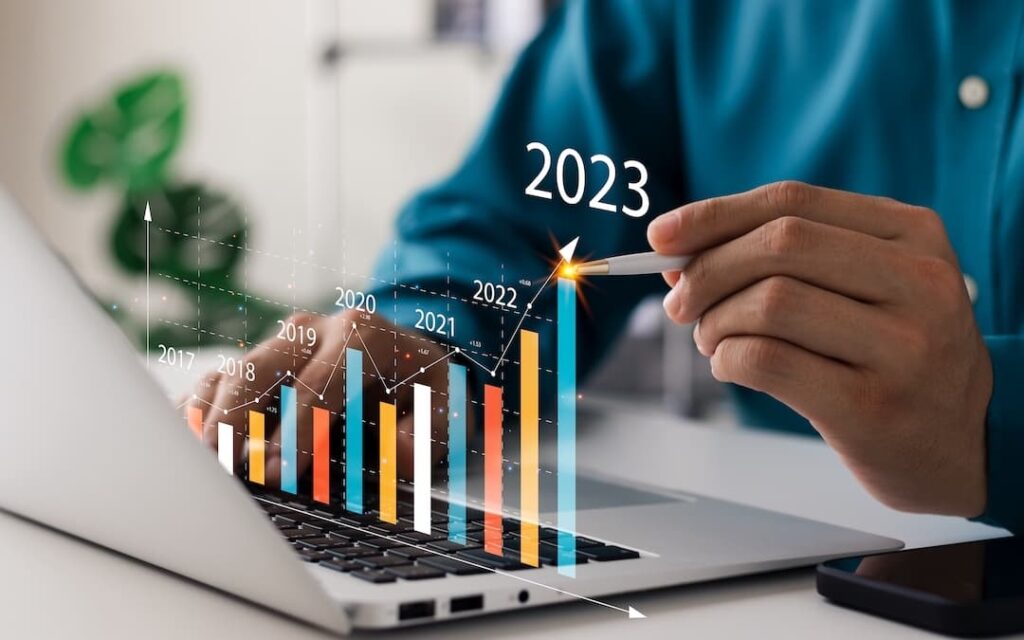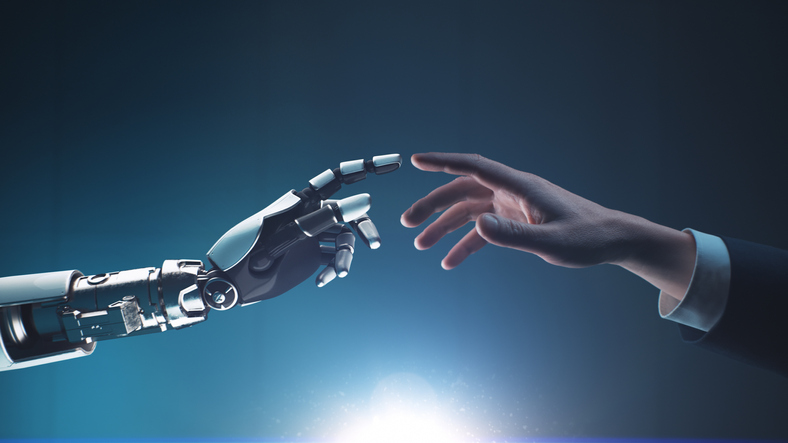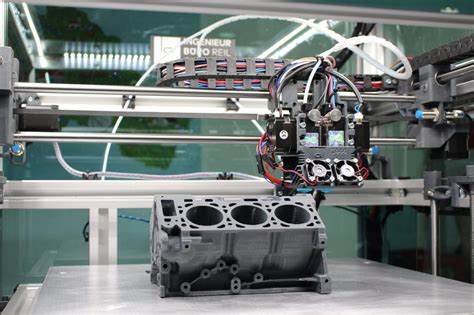Biometrics is fast replacing passwords that have to be typed in to authenticate your identity. You no longer have to remember anything to access your phone, home and more. Hacking is a threat for information, and with technologies such as fingerprint, voice and face recognition seem to be more secure. Let’s take a look at the future of biometrics, the emerging technologies as well as the latest trends:
Biometric technology will soon be deeply embedded in our lives, whether we realize it or not, or are in favor of it or not. The easy and authentic identification of a person, make it easier to access personal information not only to access the smartphone, but also medical records get through airport security faster with single token biometric passports which are some of the future applications.
1. Provides security with comfort
The multiple techniques currently being used are for applications such as access control, identity management, forensic identification and authentication. The techniques are accurate and convenient from the individual and tech implementation standpoint.
2. Cloud Based biometric tech
This is the latest innovation for the secure authentication which offers all the advantages of biometric tech while increasing security of information and addressing id theft. Biometric information is not stored in a central server, but instead on cloud, which authenticates credentials and shares authentication status with the connected device.
3. Behavioral biometrics
Physical biometrics that focuses on the physiological or physical traits is complemented by behavior biometrics. Behaviors are unique to a person and companies such as Behaviorsec and NuData are working on this area, to heighten the security.
NuData allows companies to identify behaviors such as finger pressure on screen, angle of phone and key stroke rhythm along with the physical fingerprint to authenticate. These types of biometrics are being developed due to the recent scares where physical biometrics were hacked into.
4. Palm vein recognition
This biometric system is surprisingly mature, and Fujitsu has been selling this for many years now. The veins of palms and fingers are unique to every individual, so alongwith facial recognition, systems like the PalmSecure from Fujitsu, are suing palm vein recognition to authenticate, especially in retail sales.
5. Heart
The electrocardiograph signals which are produced by the person’s heart happen to be unique. A company which is experimenting with this biometric system is Bionym. Bionym is developing Nymi, which is small and wearable and would use ECG to authenticate identity.
Gallery
Source: Future of Biometrics: Upcoming Technologies and Trends (instamedia.com)

